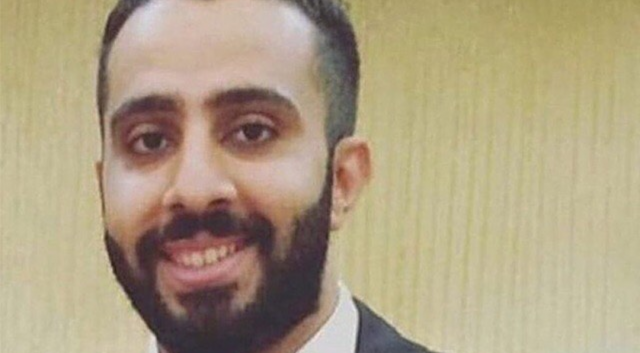In 2017, Bahraini national Ali Mohammed al-Showaikh fled Bahrain due to rumours that he may be wanted for various crimes. He ended up in the Netherlands where he immediately sought asylum, which was subsequently denied. Because of this denial, the Netherlands bears a significant level of responsibility for the treatment Al-Showaikh experienced after he was deported back to Bahrain. The actions of the Dutch government are in clear violation of international law, as well as Dutch national law.
Al-Showaikh fled Bahrain for fear of persecution for his participation in the peaceful pro-democracy marches and protests in 2011. After the government denied his asylum request, Al-Showaikh pleaded with the government to deport him to any country other than Bahrain out of fear of being subjected to torture, forced to sign a false confession, or subjected to an unfair trial. Following his deportation from the Netherlands to Bahrain, Al-Showaikh was arrested at the airport and was disappeared for 11 days. He was interrogated by the Bahraini authorities who used torture techniques to extract a false confession from him. al-Showaikh was then sentenced to life imprisonment in an unfair trial with no proper legal representation. His Bahraini citizenship was revoked, and he received a fine of 500 Bahraini dinars. He was tried under the Protecting Society from Terrorist Acts Law which has been criticized for being too broad and for being used extensively by Bahraini authorities to target human rights activists.
The principle of non-refoulement is well established under international human rights law. It guarantees that no individual shall be returned to a country where they could potentially face torture, cruel, inhuman, or degrading treatment or punishment, and other irreparable harm. The principle can be found in the UN Convention against Torture and Other Cruel, Inhuman or Degrading Treatment or Punishment (CAT); the International Covenant on Cultural and Political Rights (ICCPR); the UN Convention relating to the Status of Refugees; the International Convention for the Protection of All Persons from Enforced Disappearance (ICPPED); and the Charter of Fundamental Rights of the European Union. Specifically, Article 3 of the CAT prescribed that “No State Party shall expel, return (“refouler”) or extradite a person to another State where there are substantial grounds for believing that he would be in danger of being subjected to torture”. As the Netherlands is party to all of these international instruments, they are legally obliged to adhere to all of the provisions within. However, they have not done so and this has resulted in the torture of, and harm caused to, Al-Showaikh.
Following reports of what had happened to al-Showaikh upon his return to Bahrain, several Dutch parliament parties submitted questions to the State Secretary for Justice and Security. The Secretary was very dismissive of these questions, citing privacy concerns as the main reason why he could not elaborate on the questions asked. The Secretary was fully aware of the human rights situation in Bahrain and the fact that Bahrain continuously targets opposition, human rights defenders, and journalists, and that it does not fully guarantee the right to freedom of expression, assembly, and association. Nonetheless, the Dutch government still decided to send Al-Showaikh back to Bahrain where he has suffered at the hands of Bahraini authorities.
It is obvious that the Netherlands violated the principle of non-refoulement when they deported Al-Showaikh back to Bahrain. The Netherlands bears a significant level of responsibility for the horrendous treatment of Al-Showaikh following his deportation from the Netherlands to Bahrain. The Dutch government should take responsibility for this, and ensure that Al-Showaikh is provided with legal representation and that he is protected from further torture or other ill-treatment.





